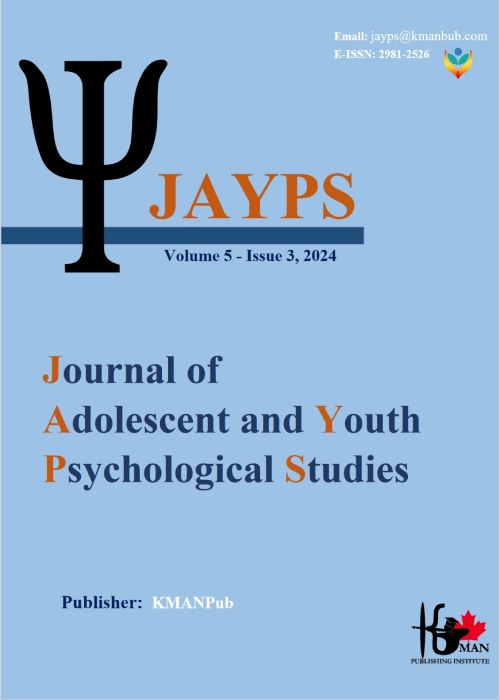Comparing the effectiveness of brain-based learning training and self-regulation training on the executive functions of students with learning disabilities in reading
Considering the fundamental role of education and development of executive functions in enhancing academic, educational, and social capabilities, and the challenges faced by students with learning disorders due to weaknesses in executive function components, the current research aimed to compare the effectiveness of brain-based learning and self-regulatory training on the executive functions of students.
This study, in line with its objectives, was an applied research employing a quasi-experimental design, using a pre-test, immediate post-test, and delayed post-test (follow-up) with a control group. The population consisted of all female students in district two of Kerman city, totaling 6,515 individuals. The sample included 60 ten-year-old female students selected through multi-stage cluster sampling. Within each cluster, individuals were chosen using simple random sampling. Each group - the control group, the brain-based learning group, and the self-regulatory training group - consisted of 20 students and received 16 sessions of 45 minutes each, focusing on executive functions. At the end of the training, an immediate test and a follow-up test two months later were conducted to assess the sustainability of the intervention. The measurement tools of this research included the fourth-grade reading book, Stroop Test (2006), Wisconsin Card Sorting Test (1948), Continuous Performance Test (1956), and N-Back Test. The data were analyzed using repeated measures test within the framework of multivariate analysis of covariance (MANCOVA) using SPSS-V.24 software.
The results indicated a difference in the effectiveness of brain-based learning and self-regulatory training on executive functions of students with reading learning disorders. Specifically, the improvement in the brain-based learning group was more significant than that in the self-regulatory training group (P < 0.05).
Therefore, it can be concluded that educational interventions, especially brain-based learning, can be effective and efficient strategies to enhance the performance and skills of students, particularly those with reading disorders.
- حق عضویت دریافتی صرف حمایت از نشریات عضو و نگهداری، تکمیل و توسعه مگیران میشود.
- پرداخت حق اشتراک و دانلود مقالات اجازه بازنشر آن در سایر رسانههای چاپی و دیجیتال را به کاربر نمیدهد.



